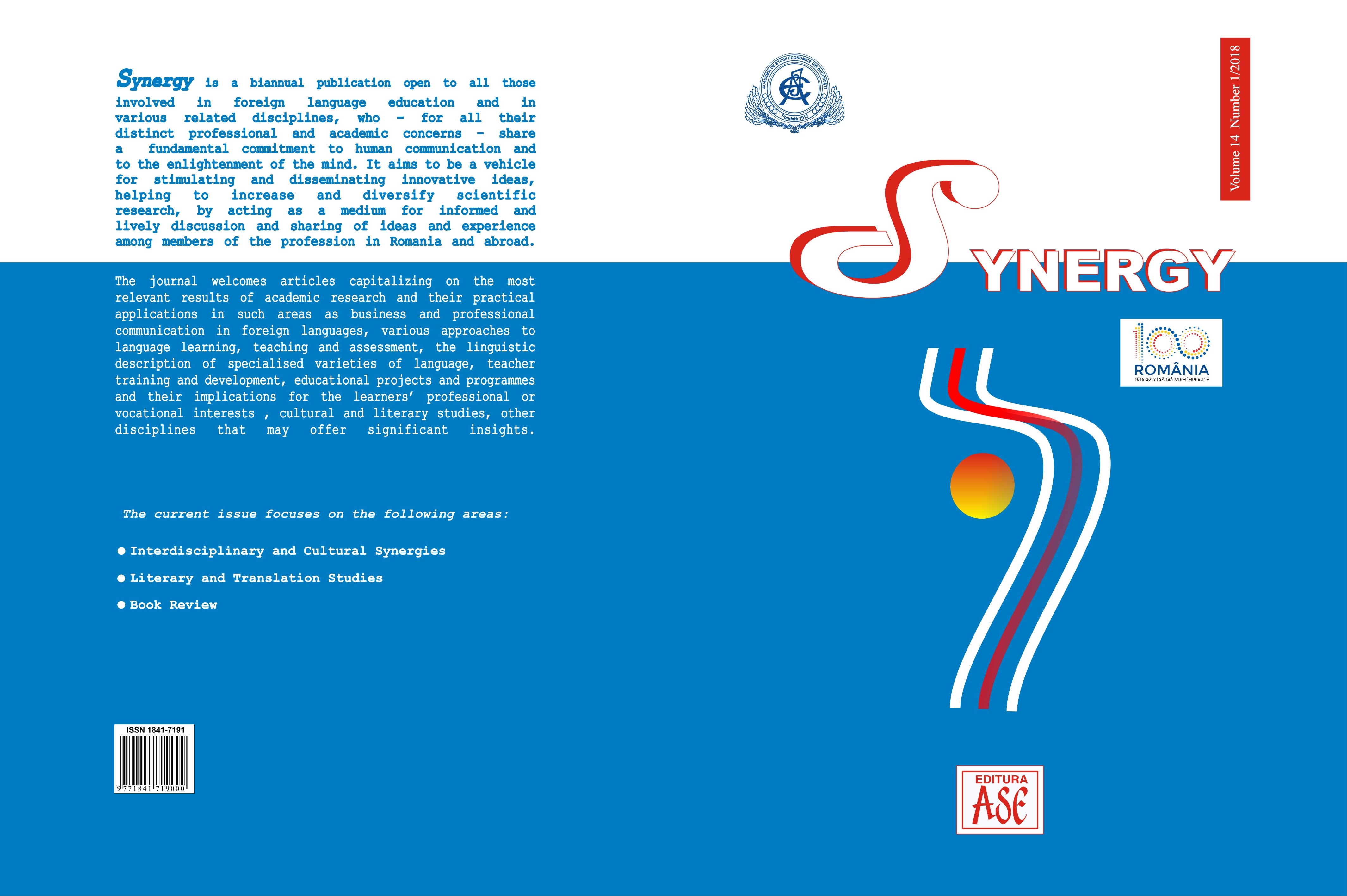SONGS OF REVOLUTION IN TAKARAZUKA REVUE: THE DIALECTICS OF CULTURAL IMPERIALISM AND THE NOSTALGIA FOR INTELLECTUAL ACTIVISM IN LATE-MODERN JAPAN
SONGS OF REVOLUTION IN TAKARAZUKA REVUE: THE DIALECTICS OF CULTURAL IMPERIALISM AND THE NOSTALGIA FOR INTELLECTUAL ACTIVISM IN LATE-MODERN JAPAN
Author(s): Maria GrajdianSubject(s): Language and Literature Studies, Studies of Literature, Theory of Literature
Published by: EDITURA ASE
Keywords: Takarazuka Revue; cultural imperialism; Japanese modernity; Japanese popular culture; French Revolution;
Summary/Abstract: This paper focuses on Takarazuka Revue’s strategies to re-invent the concept of “justice” specifically in the context of the French Revolution of 1789 by means of re-contextualizing history in the performance 1789 – The Lovers of Bastille (originally a French rock-opera, premiered in 2012). Founded in 1913 by Kobayashi Ichizō, one of the most significant entrepreneurs in pre-war Japan, the all-female popular musical theatre Takarazuka Revue proved itself along its centennial existence both a faithful mirror of Japanese reality and an influential model for society. This new theatrical performance reconstructs in a specific way asymmetric interactions between identity and alterity, model and copy, history and geography, obtrusively displayed in sparkling tunes, fairy-tale-like sceneries and gorgeous costumes. The last 40 years – since the world premiere of the blockbuster The Rose of Versailles in 1974 – marked an unexpected tendency in Takarazuka Revue’s public appearance, visible both in the lavishness of its performances and in the intensified commercialization of the increasingly androgynous otokoyaku figures (female impersonators of male roles). This presentation takes into account the multiple layers in Takarazuka Revue’s administration and self-orchestration: performance politics, the economic supervision of brand-related consumption, as well as the performances themselves. The transition from ethics to aesthetics and from imagination to ideology in Takarazuka Revue’s marketing of historical-geographical spaces reflects and condenses its metamorphose from an insignificant socio-cultural medium to a powerful political and economic message in post-war Japan, highlighting Japan’s shifting awareness from an “outsider” to the Western world to gradually becoming an “insider”, within the Asian community.
Journal: Synergy
- Issue Year: 14/2018
- Issue No: 1
- Page Range: 58-79
- Page Count: 22
- Language: English

